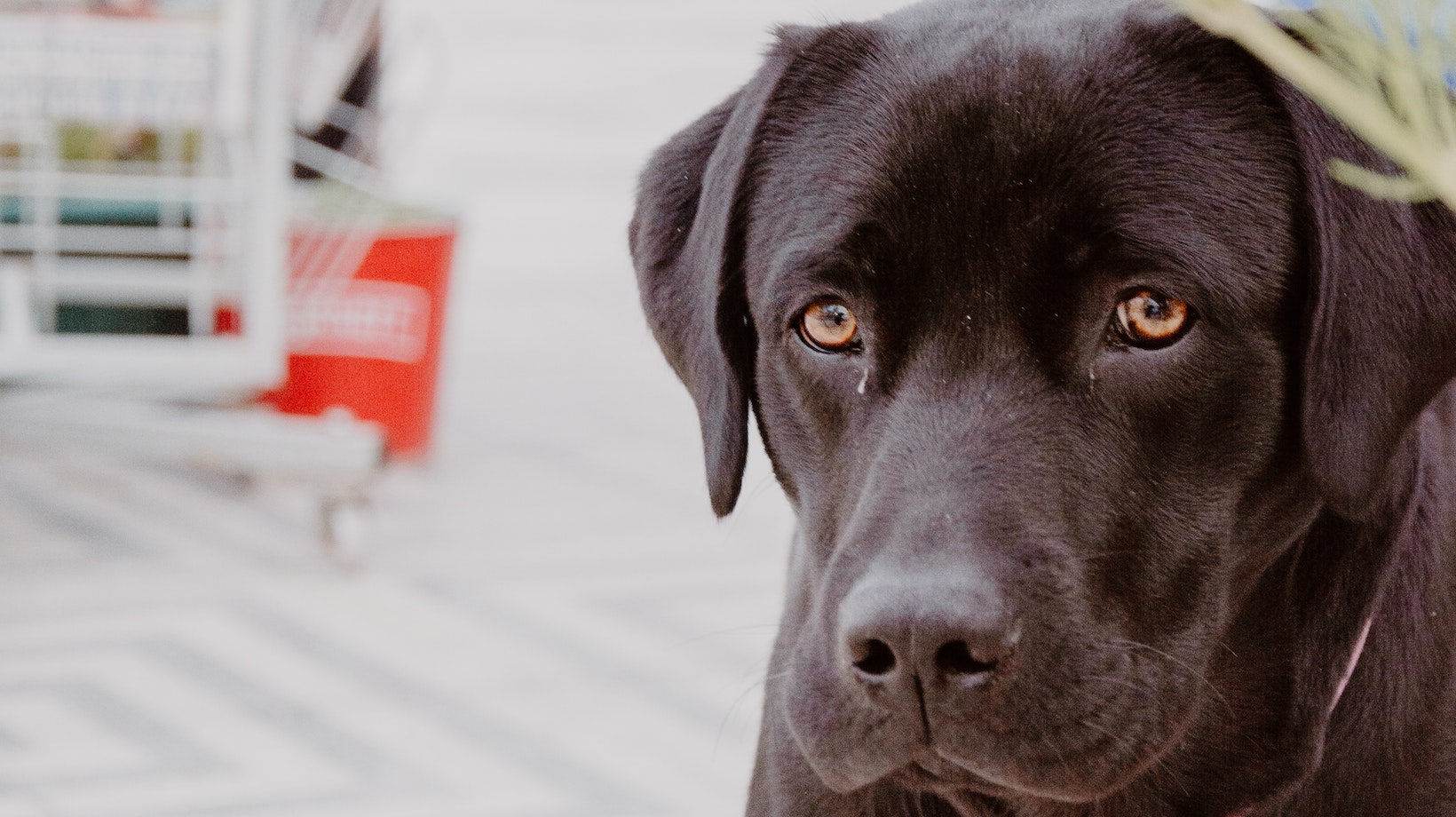Why Is My Dog Drooling So Much
If your Labrador’s excessive drooling persists or is accompanied by other concerning symptoms like vomiting, diarrhea, loss of appetite, or lethargy; it’s essential to consult with a veterinarian promptly. They will be able to evaluate your dog’s overall health and conduct necessary tests to identify any underlying causes contributing to the excessive salivation.
Remember that while occasional drooling is normal for Labradors (especially during mealtime), persistent and excessive drooling should not be ignored as it could indicate an underlying issue that requires attention. By being proactive in monitoring your dog’s behavior and seeking veterinary advice when needed, you can ensure their well-being and address any potential health concerns effectively.
Dental Issues and Drooling in Dogs
Oral Hygiene and Drooling
When it comes to drooling in dogs, one potential cause to consider is poor oral hygiene. Just like humans, dogs need regular dental care to maintain a healthy mouth. Neglecting oral hygiene can lead to a buildup of plaque and tartar on their teeth, which can irritate the gums and contribute to excessive drooling.
To prevent this issue, it’s important for dog owners to establish a routine of brushing their pet’s teeth. Using a toothbrush and toothpaste specifically designed for dogs can help remove plaque and freshen their breath. Additionally, providing chew toys or dental treats that promote chewing can aid in reducing tartar buildup.

Gum Disease and Excessive Salivation
Another dental issue that may cause increased drooling in dogs is gum disease. Gum disease typically occurs as a result of poor oral hygiene or advanced stages of dental problems such as gingivitis or periodontitis.
Gum disease causes inflammation and infection of the gums, leading to discomfort for your furry friend. As a natural response, dogs may produce excess saliva, resulting in noticeable drooling. If left untreated, gum disease can progress further and potentially lead to tooth loss.
To prevent gum disease, it’s crucial for dog owners to regularly inspect their pet’s mouth for signs of redness, swelling, or bleeding gums. Scheduling routine veterinary check-ups will also allow professionals to assess your dog’s oral health more thoroughly.
Dental Infections and Drooling
Dental infections are another possible cause behind excessive drooling in dogs. These infections often occur when bacteria enter the bloodstream through damaged gums or infected teeth roots.
Infections can be quite painful for our canine companions, causing them discomfort while eating or even during normal activities. As a result, they might experience an increase in salivation as their body attempts to fight off the infection.
If you notice that your dog is drooling excessively and displaying signs of discomfort or pain, it’s important to seek veterinary care promptly. A veterinarian will be able to diagnose and treat any underlying dental infections, providing relief for your furry friend.
Remember, maintaining good oral hygiene and addressing dental issues early on is essential in promoting overall health and well-being for your beloved Labrador (or any other breed). By being proactive about their dental care, you can help prevent excessive drooling and keep their pearly whites in tip-top shape. Heat and Stress as Factors for Increased Salivation
When it comes to our furry friends, like my Labrador, I’ve noticed that there are certain factors that can cause excessive drooling. One of these factors is heat. Dogs, especially those with thick coats like Labradors, tend to sweat through their paw pads and rely on panting to regulate their body temperature. Panting helps them release excess heat and cool down. However, during hot weather or when they engage in vigorous exercise, dogs may experience increased salivation as a way to combat the heat.
Stress is another factor that can contribute to excessive drooling in dogs. Just like humans, dogs can also get stressed or anxious in certain situations. Whether it’s due to separation anxiety, fear of loud noises (like thunderstorms or fireworks), or unfamiliar environments, stress triggers a physiological response in dogs that includes increased saliva production.
It’s important to note that while occasional drooling is normal for dogs, excessive or sudden increase in salivation could be a sign of an underlying health issue. If your Labrador is consistently drooling excessively without any apparent reason such as heat or stress, it’s best to consult with a veterinarian for further evaluation.